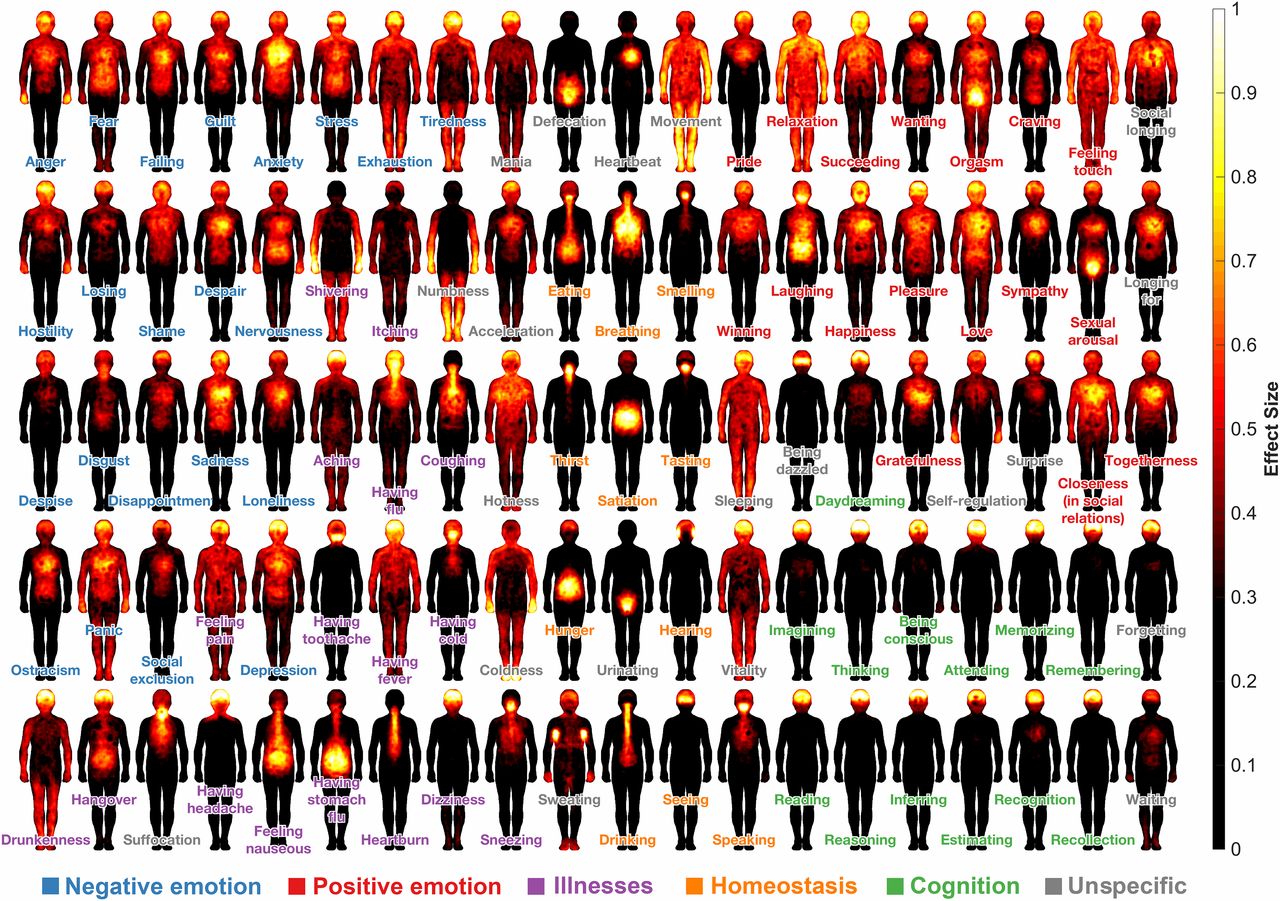Are you Stressed?
Anxious? Always procrastinating?
Do you feel like you don’t have enough time?
You are not alone!
“Too Blessed to Be Stressed” – Truth or Oversimplification?
We often hear phrases like “too blessed to be stressed” or “too grateful to be hateful.” But do these sayings truly offer wisdom, or do they merely gloss over our genuine emotions?
While these phrases might seem uplifting, they’re not a substitute for professional help when it comes to mental health issues. Conditions such as anxiety, depression, and other serious psychological disorders require appropriate treatment and cannot be resolved through simple optimism.
Telling someone in crisis to “just be grateful” can come off as dismissive and lack empathy. It’s important to address their feelings with understanding rather than offering superficial advice.
The Power of Gratitude
That said, practicing gratitude consistently can have significant benefits. Research has shown that engaging in regular gratitude exercises is one of the most effective positive psychological interventions.
For example, a study by Komase et al. (2021) highlights the effectiveness of gratitude interventions in improving mental health. Additionally, Fekete & Deichert (2022) found that brief gratitude writing exercises helped reduce stress and negative emotions during the COVID-19 pandemic.
It’s also well-documented that our emotions and cognitive states are closely linked to physical health. Gratitude practices can positively influence both mental and bodily functions, as demonstrated by Nummenmaa et al. (2018).
Incorporating gratitude into your daily routine can be a valuable tool for enhancing emotional well-being and managing stress.

Mind-Body Influence
So, it’s no secret that our body and state of mind influence our emotional state, and vice versa.
When it comes to the impact of our thoughts on our overall well-being, cognitive behavioral therapy, mindfulness techniques, and yoga philosophy all tend to agree: “Where focus goes, energy flows!”
This doesn’t mean we should ignore our problems or always be carefree. Rather, it’s about recognizing that constant worry, especially about minor issues, can lead to more stress and create a downward spiral. Focusing too much on the small stuff can cloud our perspective and make it harder to see the bigger picture.
Conversely, taking time to list things we are grateful for, going for a walk or run, practicing yoga, dancing, or even reading a poem, can rejuvenate us. These simple actions can provide the energy needed to take that extra step toward finding a solution.
This is because of the concept of neuroplasticity—our brain’s ability to reorganize itself by forming new neural connections. By consistently engaging in positive habits, we carve out pathways in the brain that make these activities second nature, ultimately shaping our way of being.

“Watch your thoughts, they become your words;
watch your words, they become your actions;
watch your actions, they become your habits;
watch your habits, they become your character;
watch your character, it becomes your destiny. “
(Lao Tzu)
Maintaining positivity
Therefore, maintaining a positive practice while working toward our goals is a much wiser and more grounded approach. This method engages us on multiple levels, providing more energy, wisdom, and happiness, and increasing our chances of achieving what we desire.
When we examine the connection between emotions and our body, it becomes clear that it’s difficult to feel stressed and simultaneously experience gratitude, happiness, or a sense of being blessed.
So, the saying “too blessed to be stressed” might be more than just a catchy phrase—it could be genuinely wise!
If you find yourself continuing to feel stressed while trying to practice gratitude, it’s possible that you’re not experiencing true gratitude. These opposing emotions simply can’t coexist. While relaxation is often considered the opposite of stress, a broader range of antonyms could include emotions like gratefulness, bliss, and joyfulness.
Gratitude stands out as particularly important because it’s a powerful, reliable, and accessible “key” to well-being, once you learn to harness it.
Even though it’s been both praised and criticized, Rhonda Byrne’s bestseller, The Secret, deserves credit for highlighting the impact that a state of gratitude can have on our lives. Whether or not you subscribe to the law of attraction, the benefits of cultivating a positive state of mind can be appealing, even to the most skeptical.
EQ-i (emotional intelligence quotient)
Stress itself isn’t the enemy; it’s our perspective and how we respond to existing conditions that often lead to problems.
By enhancing our emotional intelligence—particularly in areas like self-awareness, self-control, and the ability to connect with others—we can work toward cultivating positive emotions and behaviors. This approach can significantly reduce stress, increase motivation in our daily lives, and enhance our overall sense of well-being.
As Viktor Frankl wisely noted, people who possess a deep sense of purpose can endure even the harshest circumstances, such as surviving a Nazi concentration camp. Conversely, when individuals lack this sense of purpose, even the most comfortable life situations can lead to feelings of depression, anxiety, and stress.

Stress, Anxiety, and Procrastination
Stress, anxiety, and procrastination are closely interconnected, often fueling each other in a cycle that can be difficult to break. However, cultivating emotional intelligence and maintaining a positive state of mind, particularly through practices like gratitude, has been shown to reduce these negative states.
We’ve established that practicing gratitude and fostering positivity leads to enhanced well-being, which naturally results in lower stress levels. But what about procrastination?
Reducing stress does indeed lead to less anxiety, which in turn can diminish the sense of panic and the feeling of “not enough time” that often accompanies procrastination.
Procrastination frequently acts as both a symptom and a cause of stress. It provides valuable insight into an individual’s internal psychological state and is often a sign of elevated stress levels.
Procrastination is often linked to a lack of discipline, the presence of negative emotions, low mood, challenges with emotional regulation, and a lower emotional intelligence quotient (EQ-i).

Key Questions to Tackle Stress and Procrastination
When dealing with stress and procrastination, asking yourself the right questions can be incredibly helpful:
- Where am I spending my time?
Time is energy. Are you using it wisely, or is it being wasted on unproductive activities? - Am I wasting energy?
Consider whether your actions are draining you or if they’re aligned with your goals. - Can I recover some of that energy?
Reflect on ways to recharge and regain lost energy, perhaps by adjusting your daily routine. - Do I really lack time, or is it the motivation/energy to act?
Assess whether your struggle is truly about time or if it’s more about lacking the drive to get things done. - Do I feel overwhelmed?
If so, identify the sources of overwhelm and think about how you can simplify or delegate tasks. -
Could a daily practice help?
A consistent routine, like mindfulness or gratitude, could be the key to reducing stress and overcoming procrastination.
Time, Stress, and Energy Management: Start Small
If you realize that managing your time, stress, and energy is essential, consider starting small. Dedicate some time just for yourself to reconnect and rediscover your purpose.
Of course, positive thinking alone won’t get you through an exam—you still need to put in the effort.
However, isn’t it true that we’re more creative and productive when we’re in a good state of mind?
Creating a Plan
While gratitude can help alleviate stress, it’s not a magic solution. It won’t be effective unless you have a clear plan and commit to consistent practice.
Clarity is key before making any plans. Without it, there’s a risk of falling into a cycle of doing, re-doing, and undoing, which drains your energy and sense of purpose.
Start small by breaking your big plan into manageable, achievable steps.
Follow through with these steps consistently, as the path to success requires time, energy, and ongoing practice.
Working on the Plan
Maintaining a strong mindset and an open, easy-going heart isn’t always simple. That’s why having a well-established practice integrated into your daily life can work wonders.
Below, you’ll find some ideas for practices that can help you build and maintain the momentum needed to lead a fulfilling life. However, it’s crucial to:
Know Yourself and Choose Accordingly
Select practices that align with your own needs, preferences, and aspirations. Avoid anything that doesn’t feel right or no longer serves you.

Questions to Assess Your Practice
To ensure a practice aligns with your well-being and goals, consider asking yourself the following questions:
- Emotional Impact: Did this practice increase or decrease my emotional stability, awareness, and feelings of peacefulness, compassion, love, or joy?
- Motivation Check: Am I feeling motivated or frustrated after engaging in this practice?
- Personal Alignment: Do I feel that I’m getting closer to the person I truly am or aspire to become?
- Energy Levels: Is this practice giving me more energy during the day, or do I feel depleted? If so, how can I adapt or change it to better serve me?
Embrace Imperfection in Your Plan
If your plan feels imperfect, don’t worry—no plan ever is!
Life is a process of trial and error, and as we change, so must our practices.
The key is to create a flexible practice space that allows for growth and adapts to our day-to-day needs.
Final Thoughts
Incorporating a daily gratitude practice can significantly enhance our understanding of life’s purpose.
Research shows that gratitude, as a measurable emotion, fosters a happier, more balanced life, helping us achieve goals while reducing stress, anxiety, and procrastination.
Remember, stress and challenges are not the real problems—everyone faces them. It’s our response that shapes our destiny. As Swiss psychiatrist C.G. Jung wisely noted, “The greatest and most important problems of life are all fundamentally insoluble. They can never be solved but only outgrown” (Jung, C.G., 1933, p. 17).
So, let’s choose to be grateful, even for our challenges, because they are the catalysts for our growth.
Disclaimer: The information provided in this article is for educational and informational purposes only and should not be construed as professional psychological advice. It is not intended to diagnose, treat, cure, or prevent any psychological or medical condition. Readers should not use this information as a substitute for the consultation, diagnosis, and/or treatment by a licensed mental health professional. Self-diagnosis can be inaccurate and potentially harmful. If you have any concerns about your mental health or emotional well-being, we strongly recommend that you seek the advice of a qualified healthcare provider. Always consult with a licensed therapist, psychologist, or psychiatrist before making any decisions regarding your mental health. The authors and publishers of this article are not responsible for any adverse effects or consequences resulting from the use of any suggestions, recommendations, or procedures described within. Your reliance on any information provided in this article is solely at your own risk.

“A hero is someone who has given their life to something bigger than oneself.”
J. Campbell
CONTACT US
Reach out to us by filling out this form, and we will get back to you shortly.
Newsletter
Subscribe now to unlock exclusive insights and the latest updates delivered straight to your inbox.






